Professors Caterina Almendral, Angela Cornelius, Monika Ekiert, Leigh Garrison-Fletcher, Michele de Goeas-Malone, Givanni Ildefonso, Bede McCormack and Maria Savva have joined a 14-million-dollar, four-year initiative that aims to support teacher educators in infusing computational thinking and computer literacy into their programs. Funded by Google, Gotham Gives, the New York City Department of Education and the Robin Hood Learning Technology Fund, the initiative includes adapting existing lessons and developing instructional units and courses for pre-service teachers, with a focus on equitable and culturally responsive computing education.
After completing intensive professional development centered around computational thinking, computer science and digital literacy through CUNY CITE each of the eight faculty members worked on projects to integrate computational thinking into coursework, in alignment with the New York State Computer Programming and Digital Literacy Standards.
Bilingual Education
Professors Monika Ekiert, Leigh Garrison-Fletcher and Bede McCormack worked together to create a nine-credit curriculum sequence for pre-service Bilingual Education teachers taking Introduction to Language (ELL101), Sociolinguistics (ELL220), and Foundations of Bilingual Education (ELN123). The curriculum sequence brings questions of linguistic diversity and linguistic justice to the center of our students’ exploration of technology and the ideas related to “computer science for all.” Experiencing, reflecting, and writing about linguistic biases in digital tools such as Scratch, teacher candidates develop their ability to make intentional decisions about how they and their future students engage with digital tools.

Prof. Monika Ekiert |
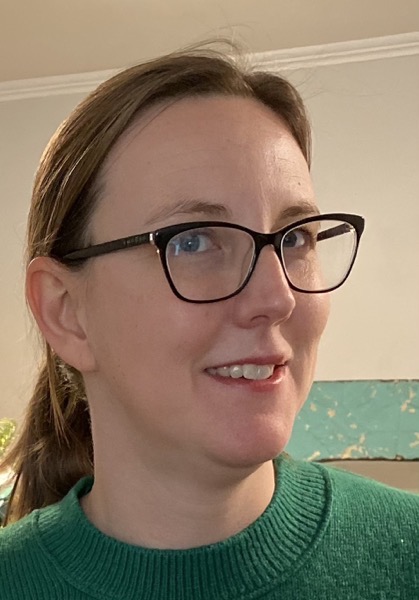
Prof. Leigh Garrison-Fletcher |

Prof. Bede McCormack |
Early Childhood And Literacy Education
Professors Maria Savva and Givanni Ildefonso designed and integrated a developmentally appropriate computing module in Foundations of Early Childhood Education (ELN121). The curriculum was infused with computational thinking concepts that included teaching young students ‘how to think like a computer’ through fun, hands-on activities while guiding pre-service teachers through the integration of computer work in everyday tasks.
Professor Angela Cornelius created and piloted a project where students explored and engaged in digital literacy topics in Childhood Language and Literacy (ELE203). Students engaged in activities that deepened student understanding of multimodal texts by examining the texts, which led to exploring bias, prejudice, and stereotypes in children’s literature. Following the writing process and utilizing digital platforms that combine text, images, audio, video, and other media, students created informative digital stories such as public service announcements, news reports and movie trailers that critically analyzed bias in a chosen children’s book.
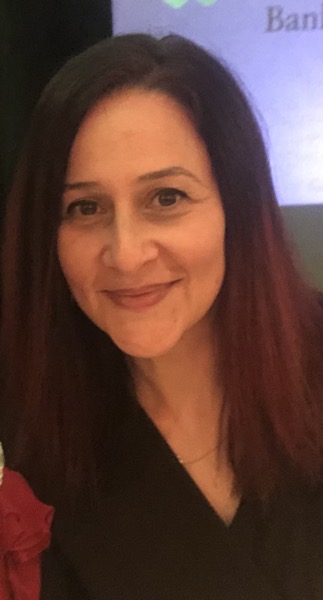
Prof. Maria Savva |
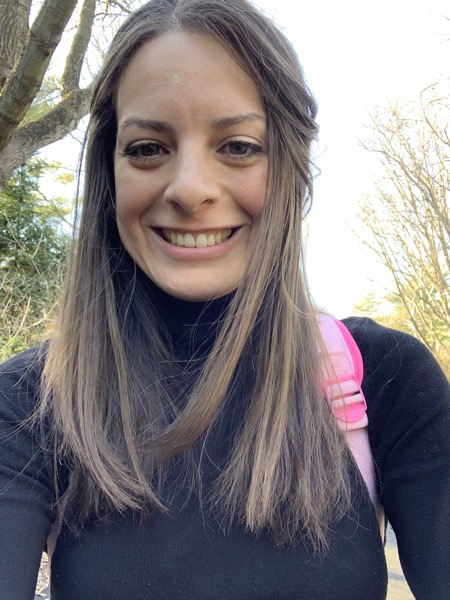
Prof. Givanni Ildefonso |
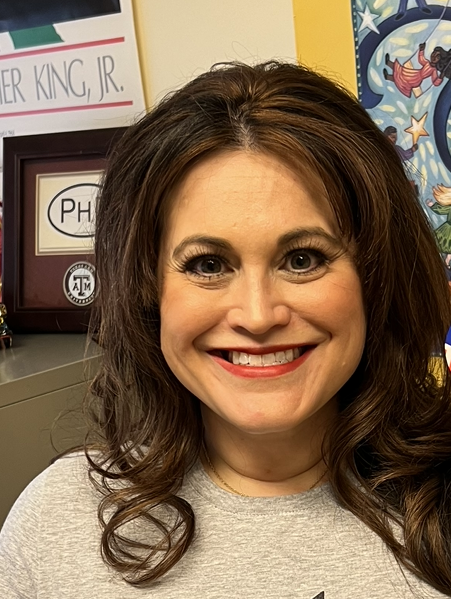
Prof. Angela Cornelius |
First Year Seminar for Education & In-Service Training
Professors and Education Program co-directors Caterina Almendral and Michele de Goeas-Malone designed and piloted a three-hour computational thinking module for the First Year Seminar in Education (EDF101). In the module, students are introduced to computational thinking and basic coding with the Scratch coding language. Computing concepts are introduced and connected to concepts that are already part of the course, such as habits of mind, teacher competencies, academic planning, and reflective practices. The two co-directors received strategic planning funding to analyze data from the new module to be collected over two semesters. The data will be used to assess effectiveness, review faculty implementation and revise the material based on findings. To support faculty teaching EDF101, Professor Michele de Goeas-Malone also designed and led a professional development workshop.
For teachers and paraprofessionals already working in public schools, a two-course sequence for Computer Science in 6 credits (CSin6) was developed. The sequence consists of Fundamentals of Computing (MAC100) and a new education course designed specifically for this initiative Introduction to Education Technology (ELE150).

Prof. Caterina Almendral |
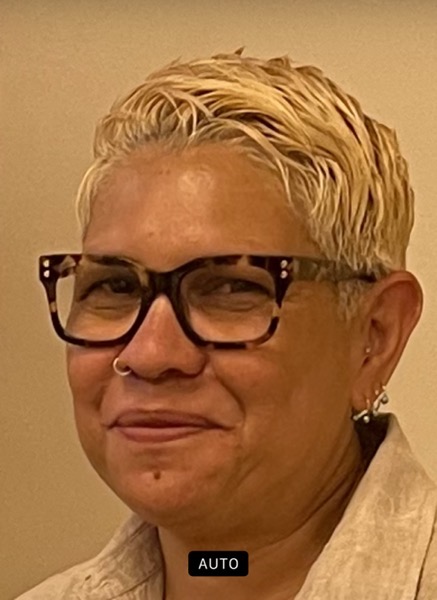
Prof. Michele de Goeas-Malone |
Computing Research
Professor Maria Savva joined the central CUNY-Michigan State University CITE Team as Research Associate. She is exploring how faculty operationalize the computing and digital literacies they integrated in proposed projects. This includes conducting interviews and observations, facilitating focus groups and analyzing artifacts across multiple CUNY campuses. She has also served as a reviewer for faculty research proposals seeking funding from the grant.
As part of a joint research project with CITE institutions, Brooklyn College and Northeastern Illinois University, Professors Caterina Almendral and Michele de Goes-Malone designed and piloted a module that utilizes gaming to draw pre-service teachers’ attention to issues of accessibility, digital communication and equity.
Along with colleagues from Queens College, Professors Caterina Almendral and Michele de Goeas-Malone presented Computational Thinking for Elementary Teacher Candidates at the 2022 CUNY IT Conference.
Professor Bede McCormack also presented at the 2022 CUNY IT Conference with colleagues from CITE on Scripting Critical Culturally Relevant Computing-Integrated Teacher Education.


